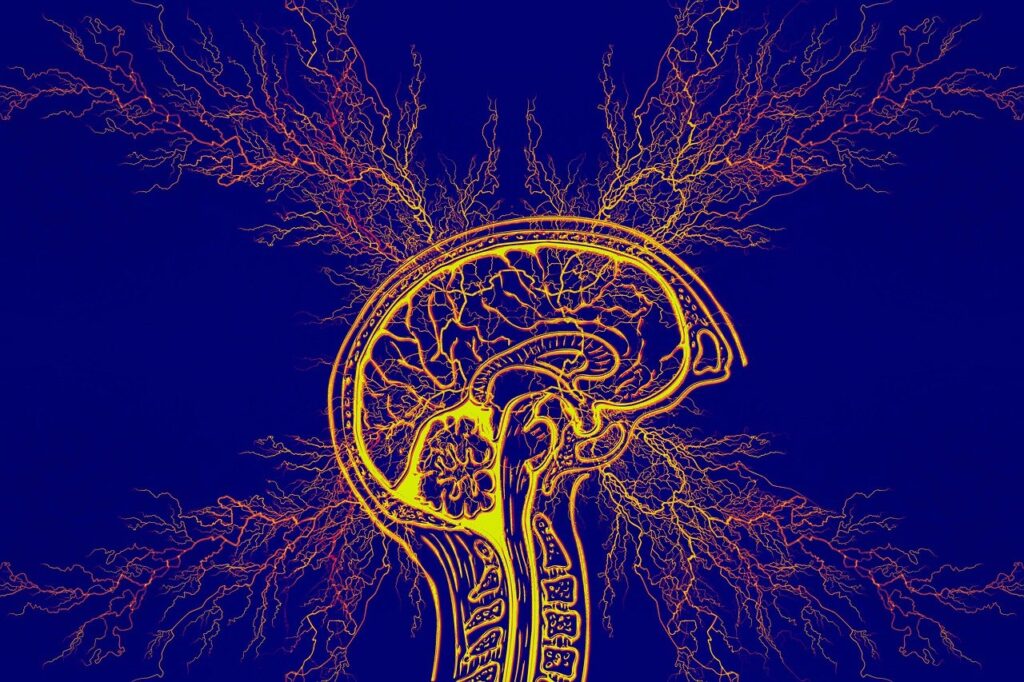ADHD: Understanding and Managing Attention-Deficit/Hyperactivity Disorder

What is ADHD?
ADHD, or Attention-Deficit/Hyperactivity Disorder, is a common neurodevelopmental condition that affects children and adults. It’s characterized by symptoms like inattention, impulsivity, and hyperactivity, which can vary in intensity from person to person. While ADHD is often associated with kids, many adults also live with the disorder, sometimes without realizing it.
Common Signs and Symptoms
ADHD doesn’t look the same for everyone. Some people struggle more with attention, while others find hyperactivity and impulsivity to be their biggest challenges. Here are the main symptoms to watch for:
Inattentiveness
Difficulty staying focused on tasks or conversations.
Frequent mistakes due to careless errors.
Forgetting daily responsibilities, such as paying bills or completing assignments.
Hyperactivity
Constantly moving or fidgeting, even in situations where it’s inappropriate.
Feeling restless and unable to stay seated for long periods.
Talking excessively or interrupting others.
Impulsivity
Making decisions without thinking about the consequences.
Struggling to wait in lines or take turns.
Acting out or saying things without considering the context.
What Causes ADHD?
The exact cause of ADHD isn’t fully understood, but research suggests that genetics play a significant role. Environmental factors, such as exposure to toxins during pregnancy, and brain structure differences can also contribute. It’s important to remember that ADHD isn’t caused by poor parenting or laziness.
Diagnosing ADHD
Diagnosing ADHD requires a comprehensive evaluation. Doctors often use interviews, questionnaires, and behavior assessments. For adults, the process might also include reviewing past academic and social challenges. Getting a proper diagnosis is essential to receiving effective treatment.
Treatment Options
There’s no one-size-fits-all solution for managing ADHD, but a combination of approaches often works best. Here’s what you can consider:
Medication
Many individuals find relief through medication, such as stimulants or non-stimulants. These can help balance brain chemicals, improving focus and reducing impulsivity.
Therapy
Behavioral therapy teaches practical skills to manage symptoms. Cognitive-behavioral therapy (CBT) is particularly effective for addressing negative thought patterns and building coping strategies.
Lifestyle Changes
Small adjustments in daily habits can make a big difference. For example:
Exercise regularly: Physical activity helps burn off excess energy and boosts concentration.
Stick to a routine: Structured schedules reduce forgetfulness and promote productivity.
Practice mindfulness: Techniques like meditation can improve emotional regulation.
Support Networks
Connecting with others who understand ADHD can be incredibly beneficial. Support groups, both in-person and online, offer a space to share experiences and strategies.
Myths About ADHD
“ADHD isn’t real.”
ADHD is a medically recognized condition supported by extensive research. It’s not an excuse for bad behavior or laziness.
“Only kids get ADHD.”
While ADHD often starts in childhood, it’s a lifelong condition for many. Adults can struggle with symptoms, especially if they were undiagnosed.
“People with ADHD just need to try harder.”
ADHD isn’t about lack of effort. It’s a brain-based disorder that requires understanding and support.
Coping Strategies for Everyday Life

If you’re living with ADHD, try these tips:
Break tasks into smaller steps: Large projects can feel overwhelming. Divide them into manageable chunks.
Use reminders: Alarms, apps, or sticky notes can help you stay on track.
Prioritize sleep: Lack of rest exacerbates symptoms, so establish a bedtime routine.
Communicate your needs: Let friends, family, and colleagues know what helps you thrive.
Parenting a Child with ADHD
Supporting a child with ADHD can be challenging but deeply rewarding. Here’s how you can help:
Create structure: Set clear expectations and consistent routines.
Encourage strengths: Celebrate their unique talents and achievements.
Use positive reinforcement: Praise good behavior to build self-esteem.
Work with teachers: Collaborate on strategies to support your child’s learning.
Final Thoughts
ADHD can be challenging, but with the right strategies, it’s entirely manageable. Whether you’re living with ADHD or supporting someone who is, education and empathy go a long way. By understanding the condition and taking proactive steps, you can lead a fulfilling and successful life.
By addressing common concerns, breaking down complex ideas, and offering actionable advice, this article aims to make ADHD more understandable. If you found this helpful, share it with others who might benefit. Let’s spread awareness and build a more supportive community!


